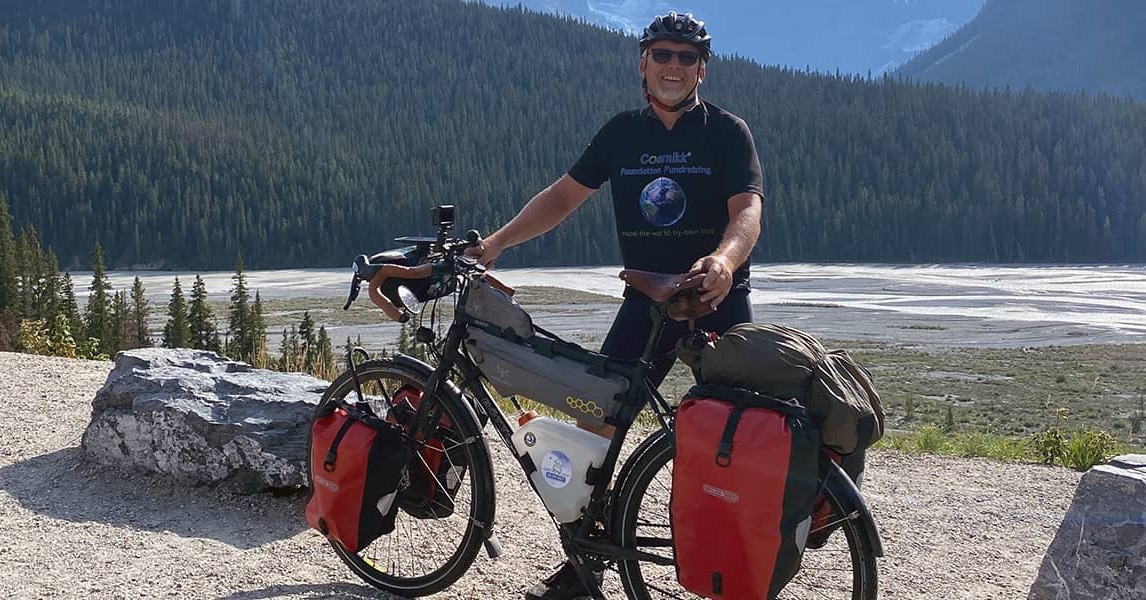Conflict resilience can be trained
Wherever people come together or work together, conflicts can arise. But the healthy handling of
conflicts can be trained.
Posts about:

Wherever people come together or work together, conflicts can arise. But the healthy handling of
conflicts can be trained.

Resilient individuals demonstrate durability and not only navigate through crises unscathed but often emerge from them even stronger. Coach Harald Gabriel explains the role of one's life story in enhancing personal resilience.

A conversation with David Ebermann

A couple of weeks ago, I was on my way to a prestigious leadership symposium of a large car manufacturer. For the following two days, I was supposed to be one of the experts facilitating workshops for the 80 or so participating managers. The topic of my workshop was called “Resilience and Leadership” and I was very much looking forward to it. I had just completed the manuscript of my new book called “The Art of Self Leadership”. It was my 8th book on the topic and I really think of myself as an expert when it comes to dealing with adversity and hardships – at least in theory. As it was early February there had been a very cold period with snow and ice in the past days. However, this very morning sudden rain had turned the stairs in front of my house into an ice rink and despite the warning of my wife the blessings of gravity hit me by surprise and I fell hard on my back. The pain was remarkable but I quickly got back on my feet and since I was running late I somehow got my luggage and myself into the car and drove to the venue of the event without much further ado. At this moment, I was not thinking very much. There was only one voice in my head saying “You have to get there somehow and you must not be late”. I don’t recall exactly how I got out of the car since I could barely walk. When I arrived at the conference the organizers looked at me with deep concern in their faces indicating that I looked exactly as bad as I felt.

Leaving our comfort zone often requires accepting a certain loss of control going alongside with the feeling of fear. This is nothing that executives particularly fancy – however it is key to success in today’s world.

I don’t particularly like the term “work-life-balance”. This has several reasons. For one, most people use this term without reflecting about the true meaning behind. The concept of work-life-balance implies that work and life are two opposite sides of a scale. It means that if you work you don’t actually live. This is a pity since most of us work a lot. In fact the idea behind makes a lot of sense for industrial workers at a factory line but does not apply for people in the knowledge industry. Matter of fact what really counts is a more holistic “life balance” which is far more challenging than just levelling out work and life. It can generally be said that a manager’s ability to bounce back from hardships will be particularly challenged if crises or setbacks are experienced in several areas of their life. The more areas are perceived as unfulfilling or even problematic, the more detrimental the effect will be on the level of available resilience.

Last summer, a devastating flood hit western Germany. For the residents of the Ahr Valley, it was the worst disaster since World War II. Resilience expert Karsten Drath was among the thousands of volunteers who lent a hand in the weeks and months that followed. In twelve points, he summarizes which coping strategies proved effective among those affected by the flood disaster.

On resilience and changing careers following the Executive MBA
When speaking to executive MBA graduates, they often are the source of fascinating career paths and stories about their backgrounds and achievements. However, this is perhaps the first time an EMBA alum has opted to take on the challenge of cycling around the world in several consecutive trips to raise money for charity. Starting in 2017, Karsten Drath has cycled all around Europe from Gibraltar to the North Cape and from Lisbon to the Polish border. We speak to the alumnus of the Kellogg-WHU Executive MBA program, entrepreneur, founder, coach, and podcast host, about why he decided to embark on such an ambitious adventure.

Resilience is the core competence for the time after the crisis. What we are currently learning is that plans don't work out, predictions don't come true, and priorities change by the hour.